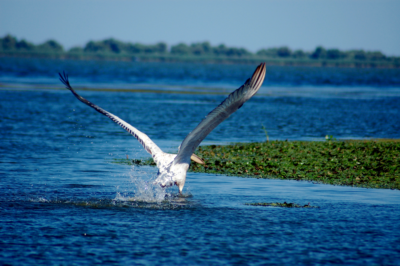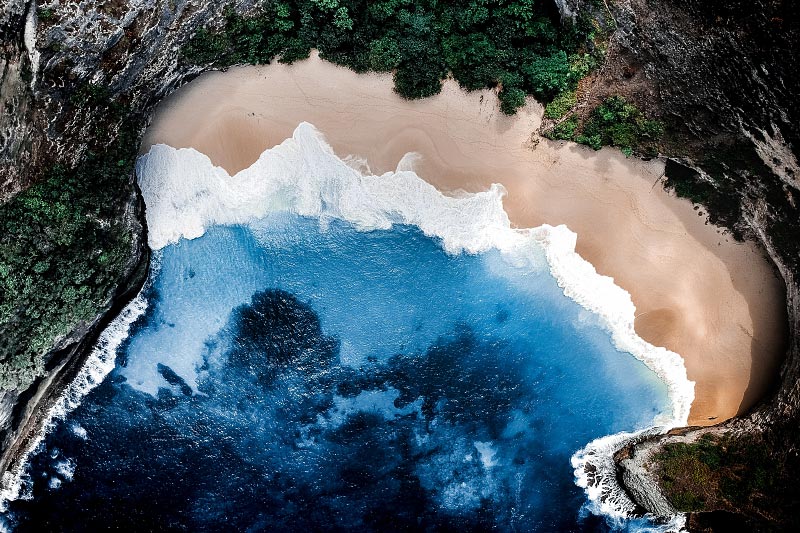JÚCAR CASE STUDY
The Jucar River is one of the most important River Basins in Spain, exposed to distinct pressures on water use severe, cyclic and multi-annual droughts that drive water shortages that are expected to increase due to climate change.

Júcar
The Jucar River, which drains into the Mediterranean Sea just south of Valencia (Valencian region), is a major river basin in Spain (22,260 km2). It is located in a semi-arid climate characterized by autumn rains and dry hot summers, being prone to both hydrometeorological extremes: flooding and drought. More than 50% of the basin is composed of arable land, and the agricultural sector accounts for about 80% of the total basin-wide water use. Its typical Mediterranean regime implies a distinct reduction of hydrological runoff during the summer months, which are precisely the ones in which water demands are higher. Furthermore, water uses in the Jucar equal its annual average surface resources, which combined to multi-annual droughts make the Jucar basin subject to water scarcity. In response, water resources planning and management in the Jucar, performed by the Jucar River Basin Authority, requires distinct efforts and careful and clear procedures, materialized in Water Resources Management Plans, Drought Management Plans and Flood Emergency Plans. On top of this, the Mediterranean region is a global climate hotspot and will likely experience ongoing future drying, requiring one step forward in planning and management actions and most likely involving the adoption of adaptation measures. Meaningful and actionable advice to further plan develop them in the context of increasing drought and decreasing water availability, although subject to uncertainties in how they will evolve in the future, is needed.








Keep In Touch